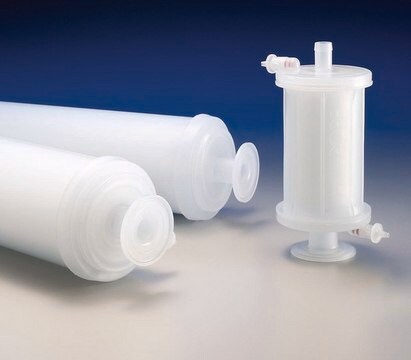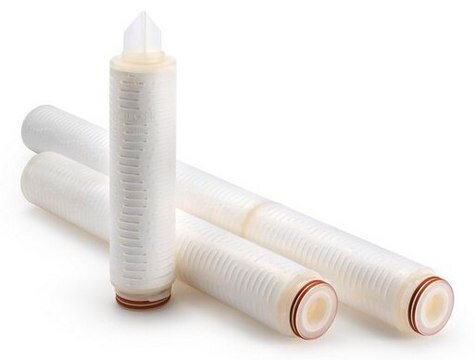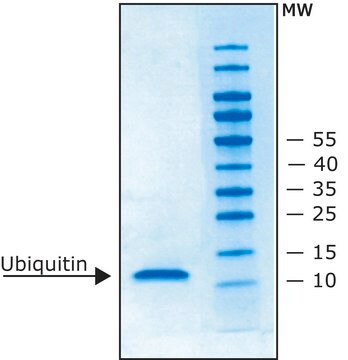ABS2211
Anti-USP16
Sinónimos:
Ubiquitin carboxyl-terminal hydrolase 16;EC:3.4.19.12;Deubiquitinating enzyme 16;Ubiquitin thioesterase 16;Ubiquitin-processing protease UBP-M;Ubiquitin-specific-processing protease 16
About This Item
Productos recomendados
biological source
rabbit
Quality Level
conjugate
unconjugated
antibody form
purified antibody
antibody product type
primary antibodies
clone
N/A, polyclonal
mol wt
calculated mol wt 93.57 kDa
observed mol wt ~105 kDa
species reactivity
human
packaging
antibody small pack of 100 μg
technique(s)
ELISA: suitable
flow cytometry: suitable
immunohistochemistry (frozen sections): suitable
western blot: suitable
isotype
IgG
epitope sequence
N-terminal half
Protein ID accession no.
UniProt accession no.
shipped in
dry ice
target post-translational modification
unmodified
Gene Information
human ... USP16(10600)
General description
Specificity
Immunogen
Application
Evaluated by Western Blotting in HeLa cell lysate.
Western Blotting Analysis (WB): A 1:1,000 dilution of this antibody detected UBP16 in HeLa cell lysate.
Tested applications
Western Blotting Analysis: A 1:1,000 dilution from a representative lot detected UBP16 in lysates from wild-type HEK293T cells, but not in lysate from HEK293T cells with USP16 knockout.
ELISA Analysis: A representative lot detected UBP16 in ELISA applications. (Yang, W., et. al. (2014). Nat Commun. 5:3818).
Immunohistochemistry Applications: A representative lot detected USP16 in Immunohistochemistry applications. (Yang, W., et. al. (2014). Nat Commun. 5:3818).
Flow Cytometry Analysis: A representative lot detected UBP16 in Flow Cytometry applications (Gu, Y., et. al. (2016). Proc. Natl. Acad. Sci. USA. 113(1); E51-60).
Note: Actual optimal working dilutions must be determined by end user as specimens, and experimental conditions may vary with the end user
Physical form
Storage and Stability
Other Notes
Disclaimer
¿No encuentra el producto adecuado?
Pruebe nuestro Herramienta de selección de productos.
Storage Class
10 - Combustible liquids
wgk_germany
WGK 1
flash_point_f
Not applicable
flash_point_c
Not applicable
Certificados de análisis (COA)
Busque Certificados de análisis (COA) introduciendo el número de lote del producto. Los números de lote se encuentran en la etiqueta del producto después de las palabras «Lot» o «Batch»
¿Ya tiene este producto?
Encuentre la documentación para los productos que ha comprado recientemente en la Biblioteca de documentos.
Nuestro equipo de científicos tiene experiencia en todas las áreas de investigación: Ciencias de la vida, Ciencia de los materiales, Síntesis química, Cromatografía, Analítica y muchas otras.
Póngase en contacto con el Servicio técnico




